We Dive Into Your Projects
What projects have you delivered? We probe the budget, timeline, and scope of work.
"Tell me about the largest project you managed..."26+ Construction Resume Examples
In Construction, you're competing with 820 applicants per search
You're Not Rejected.
— You're Overlooked —
We fix your construction resume with one conversation
The best construction resume samples show quantified achievements, not just duties. Here's what makes construction resumes get interviews:
Each construction resume sample below was written through our 1-on-1 interview process. Click any construction resume example to see the full sample and learn how we transformed their experience into proof.
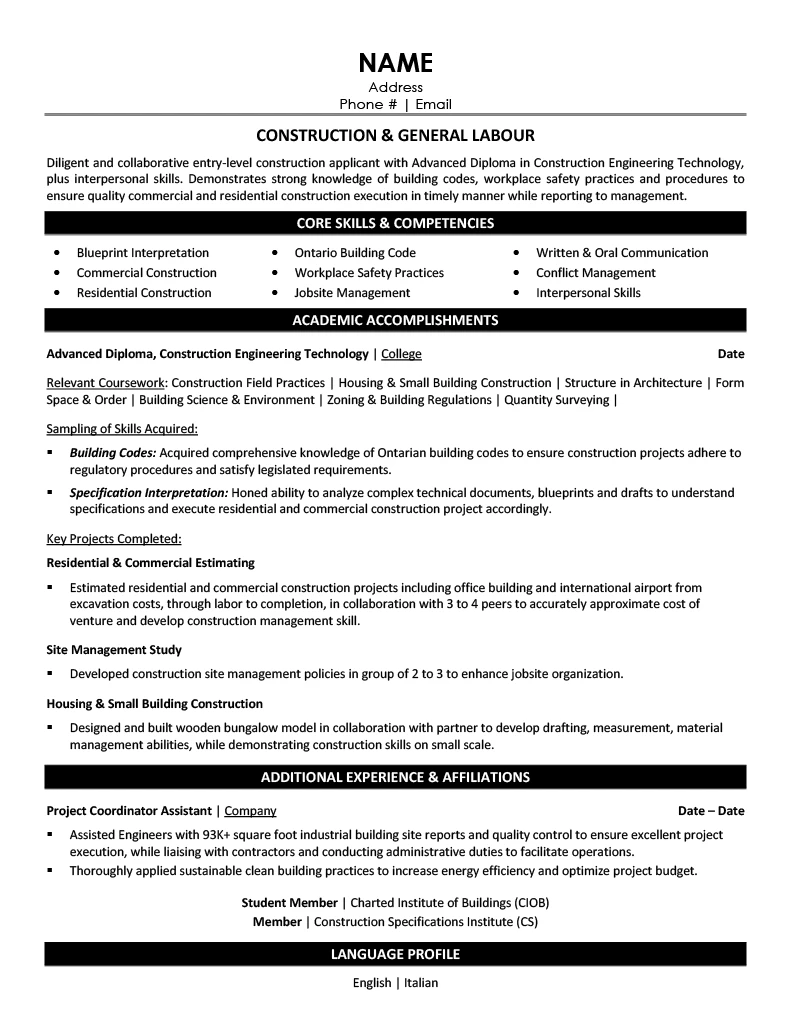
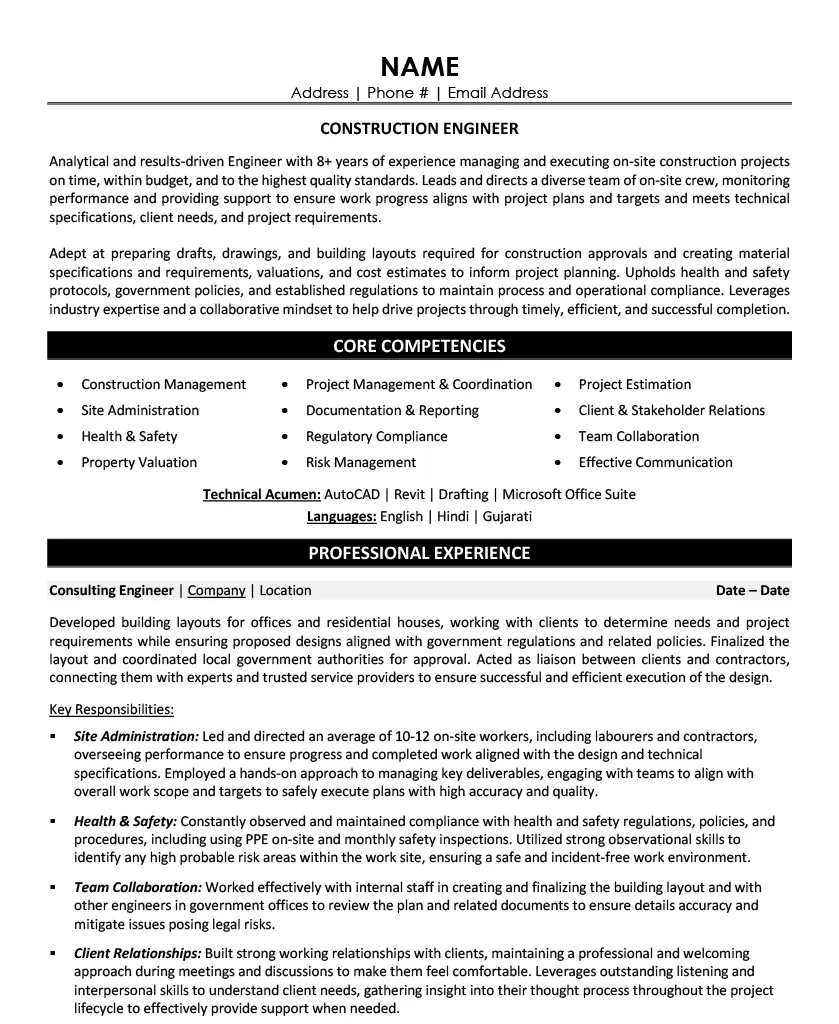
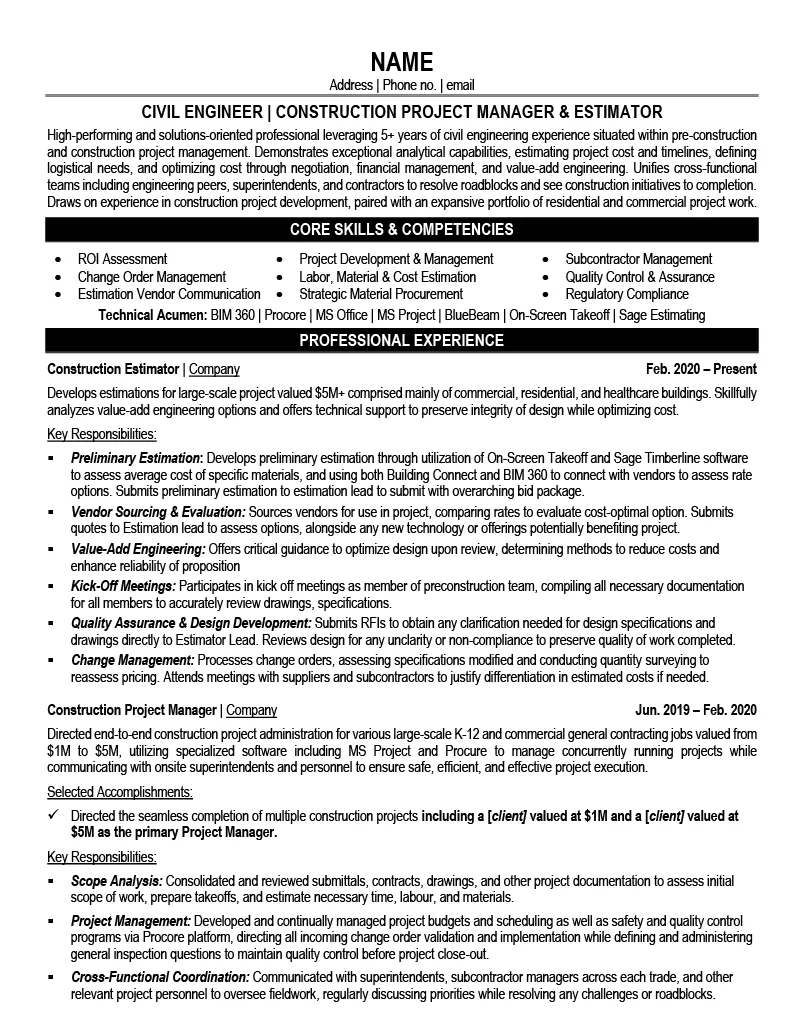
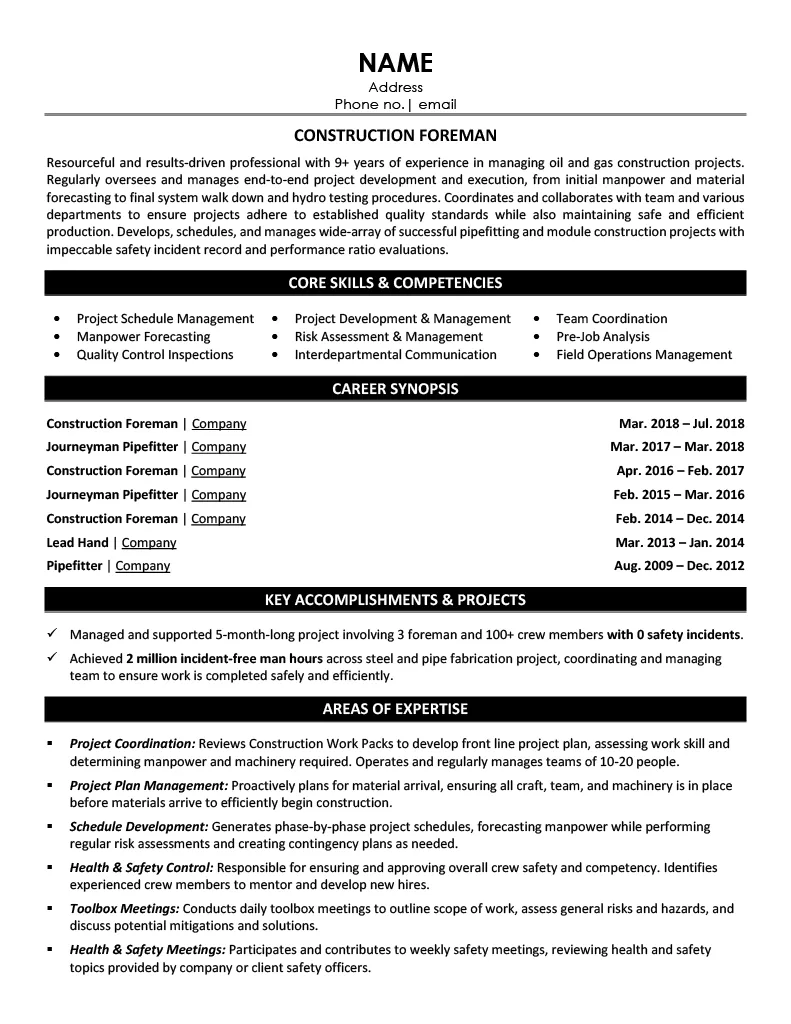
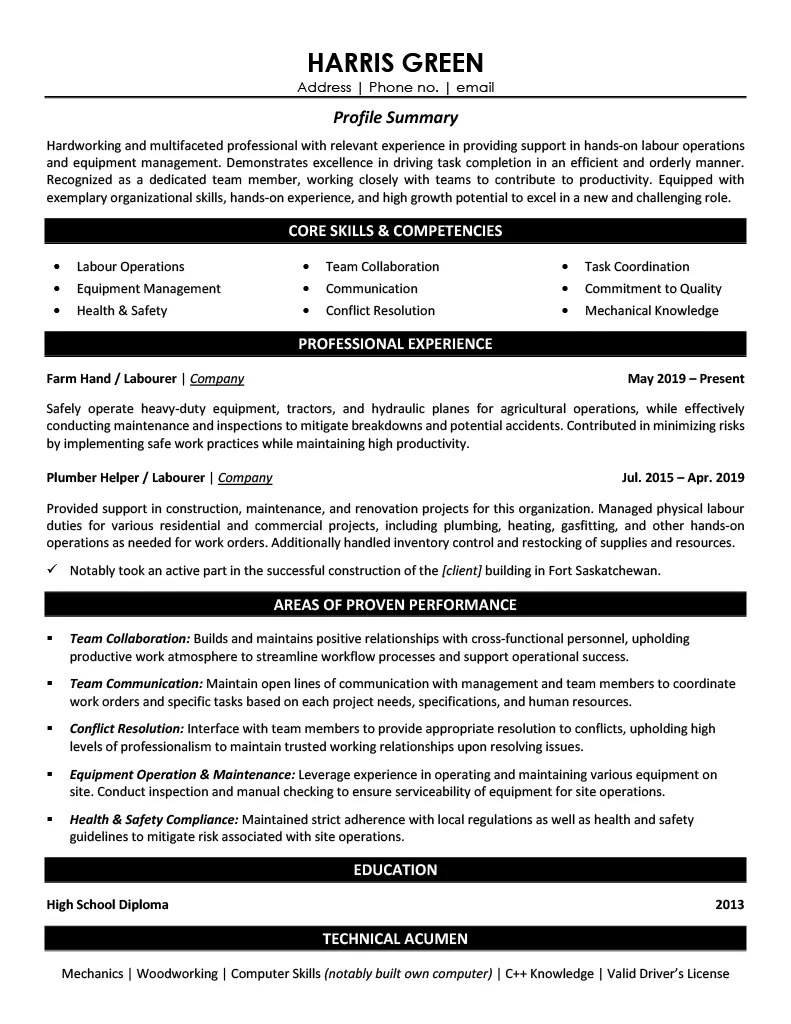
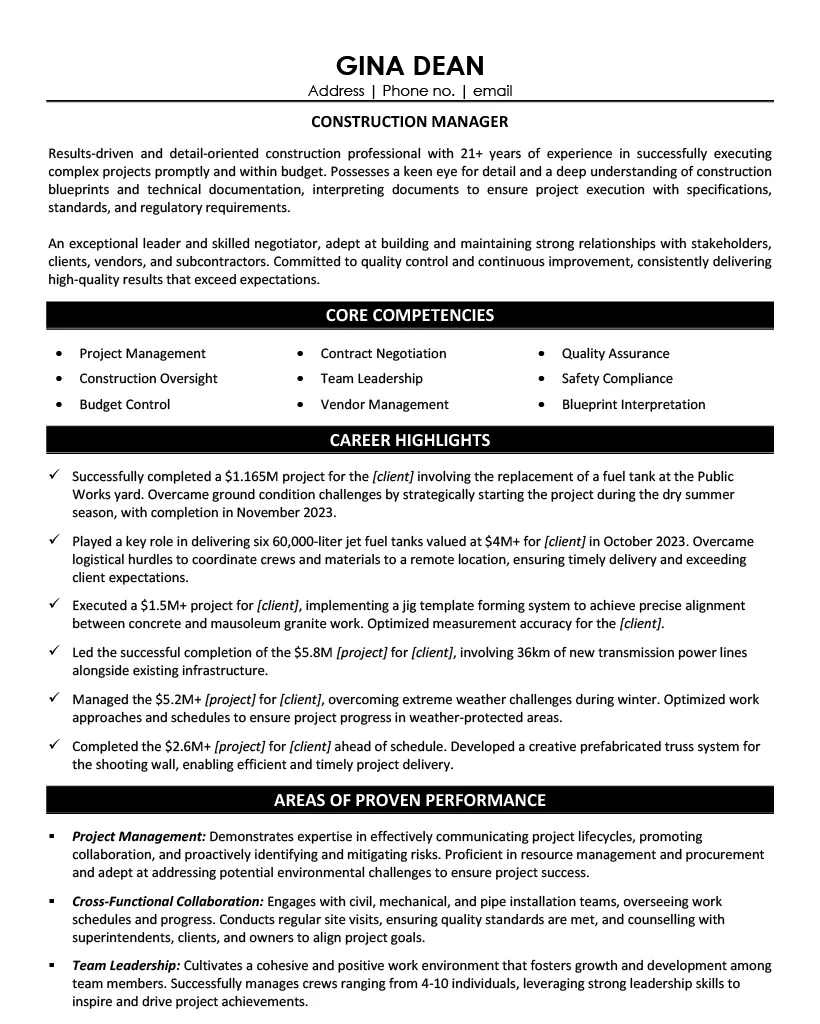
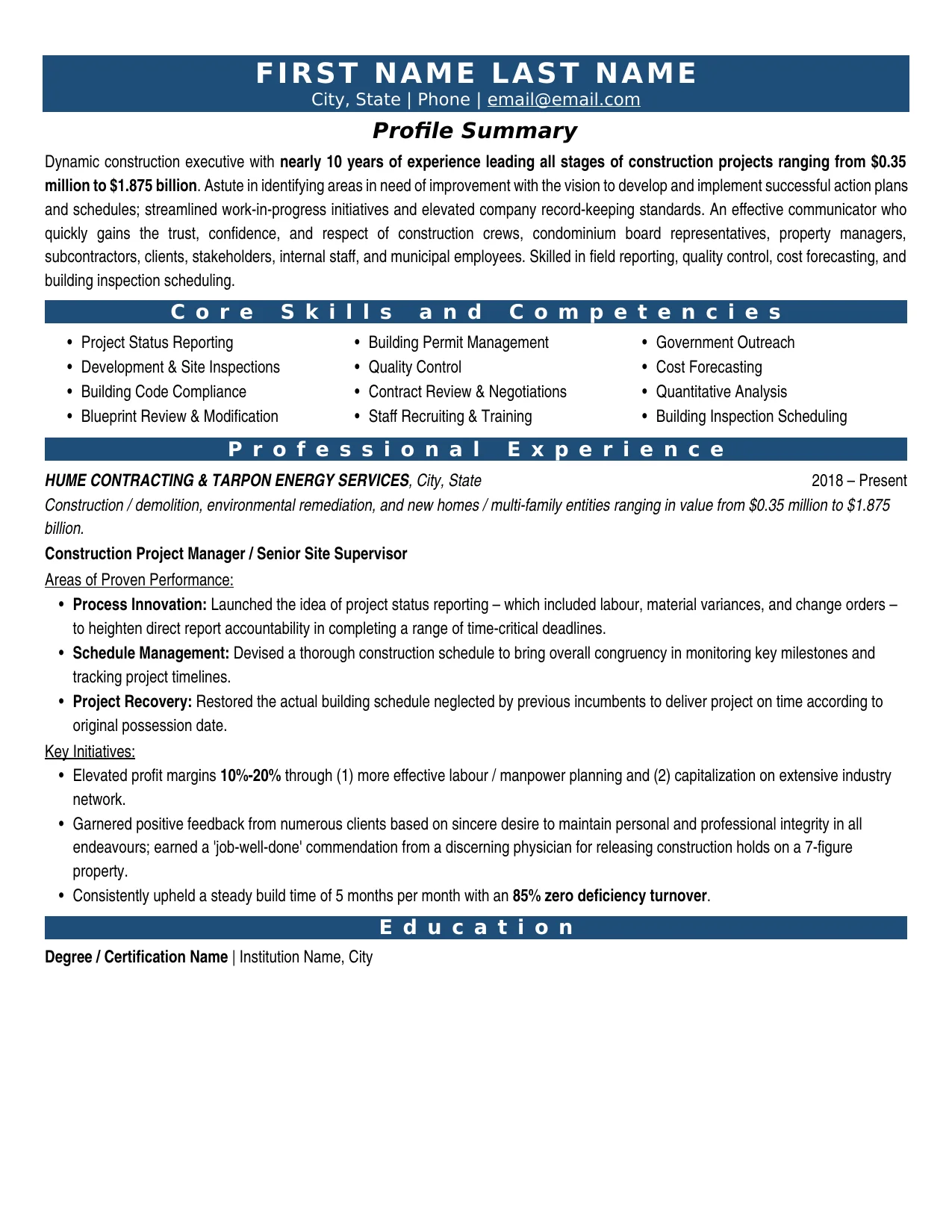
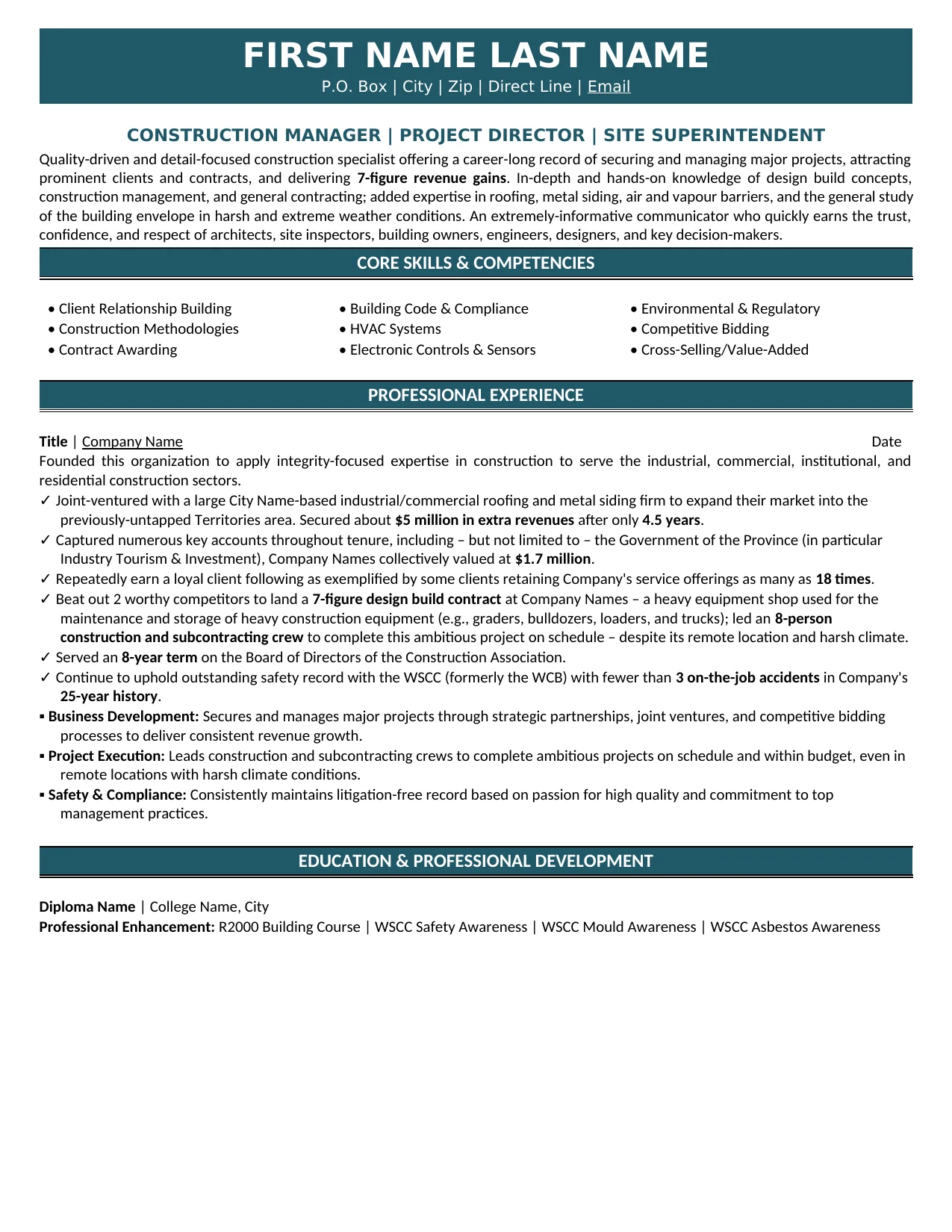
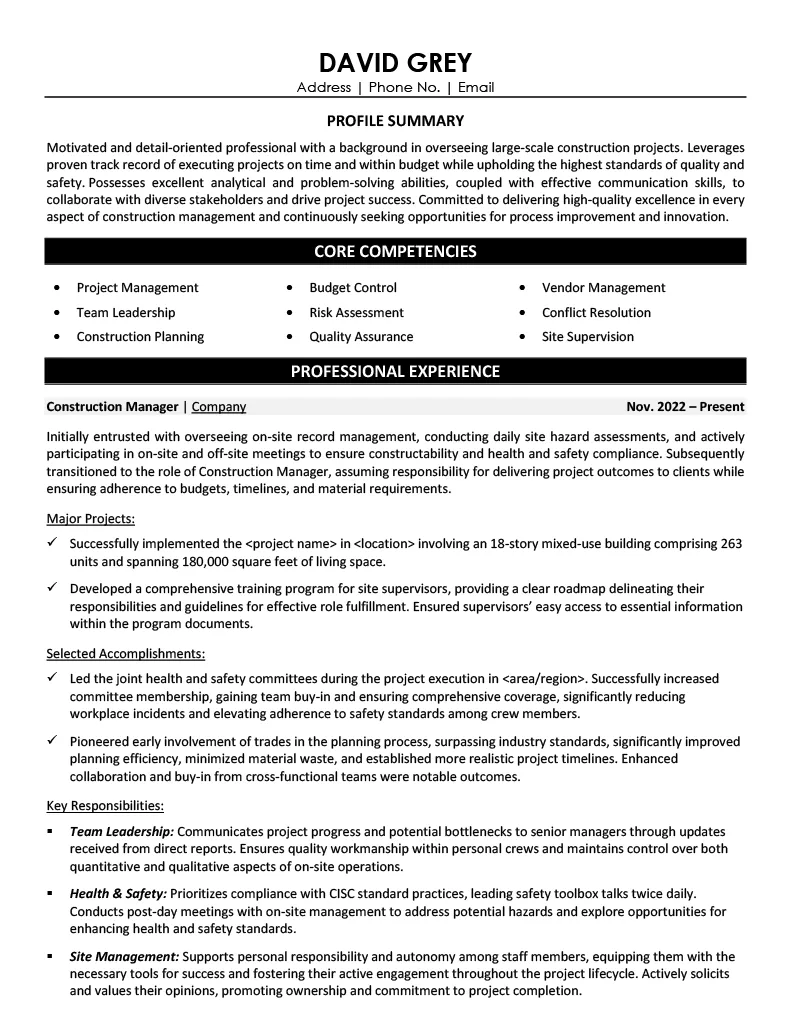
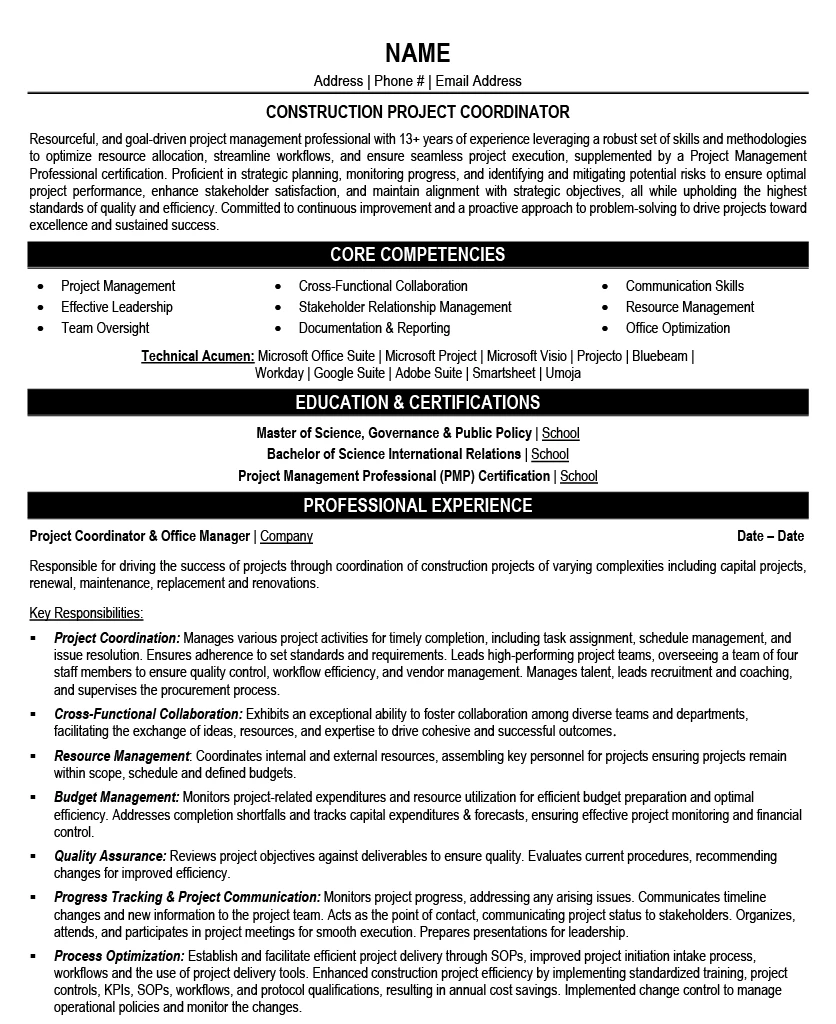
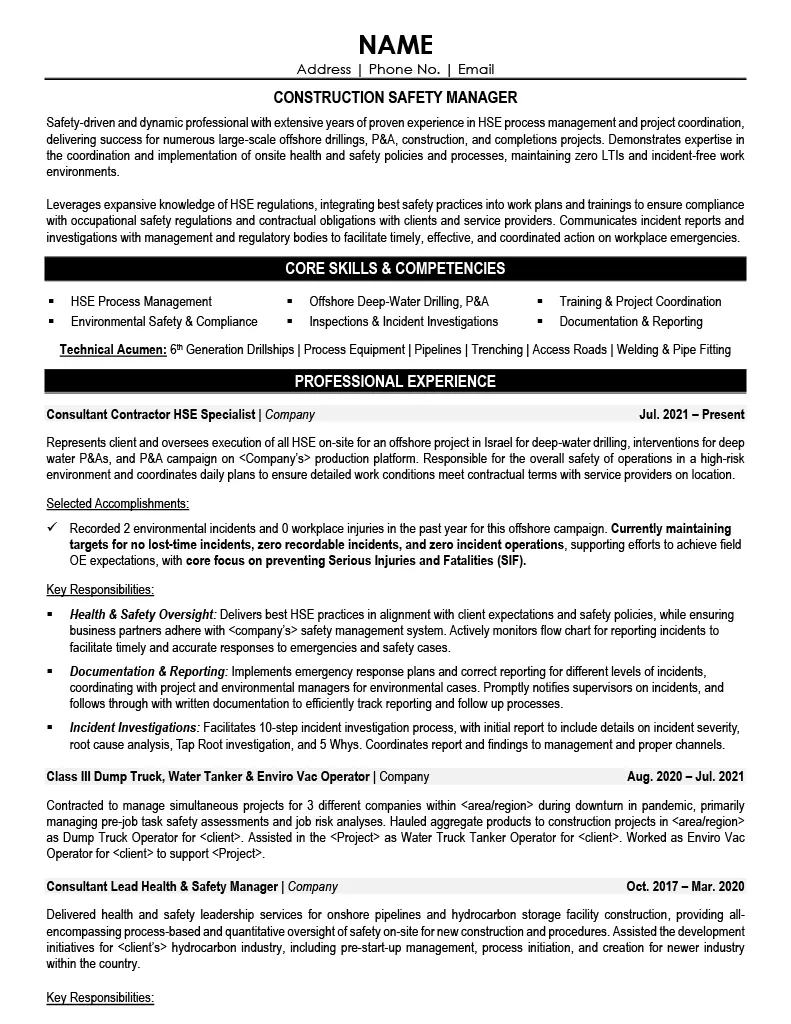
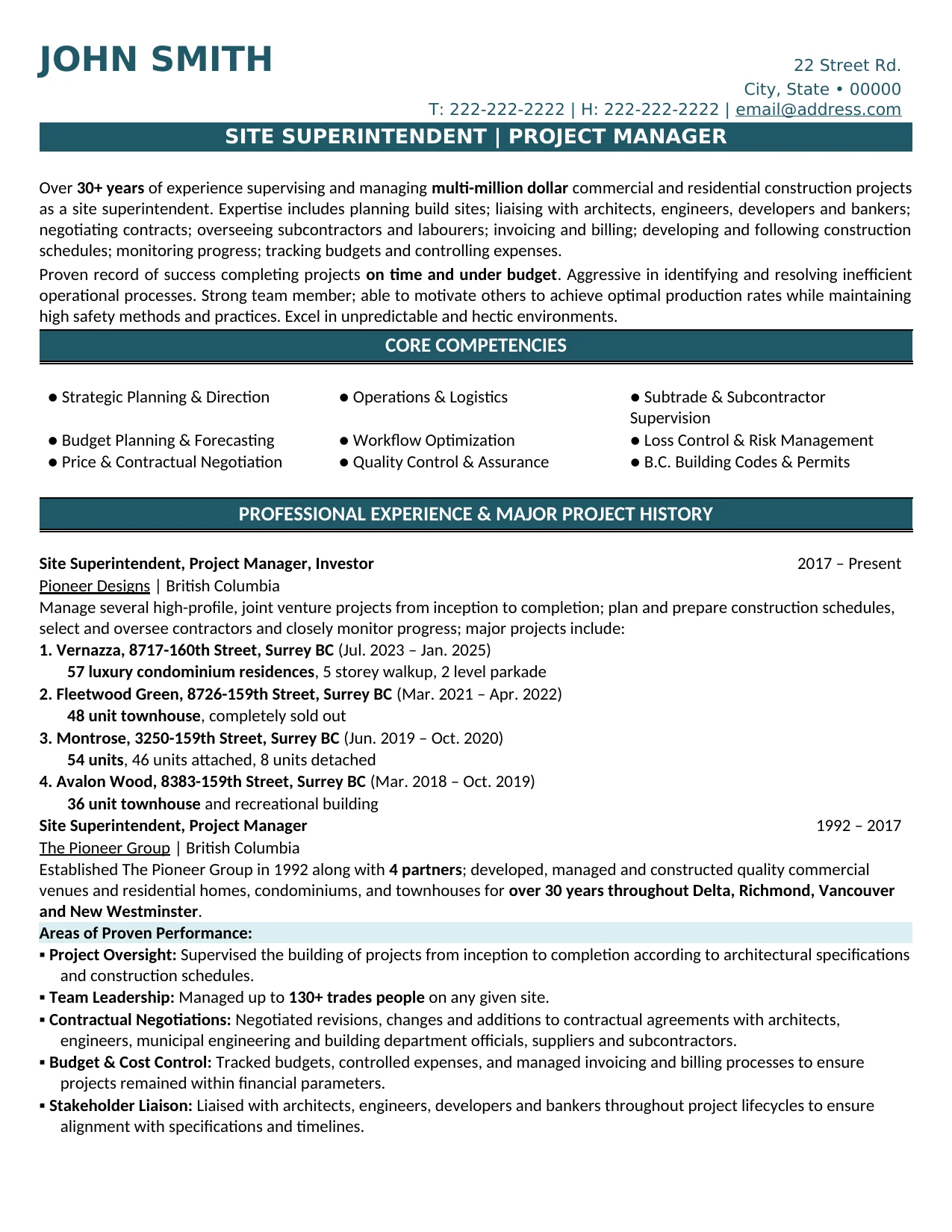
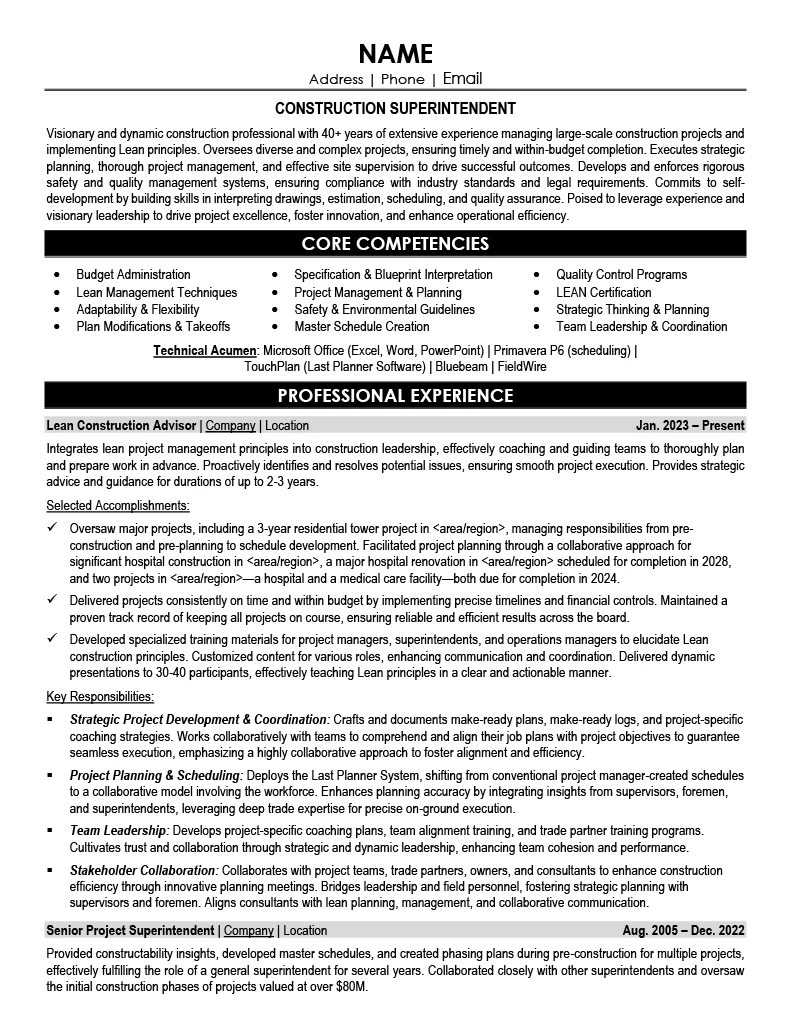
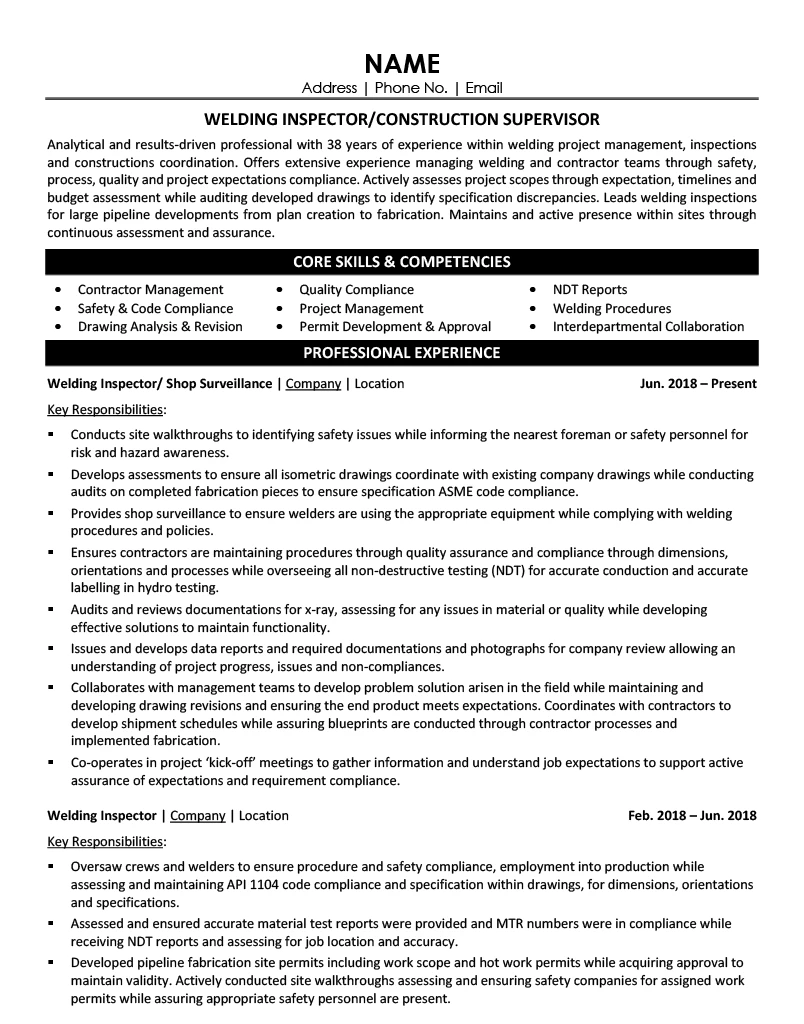
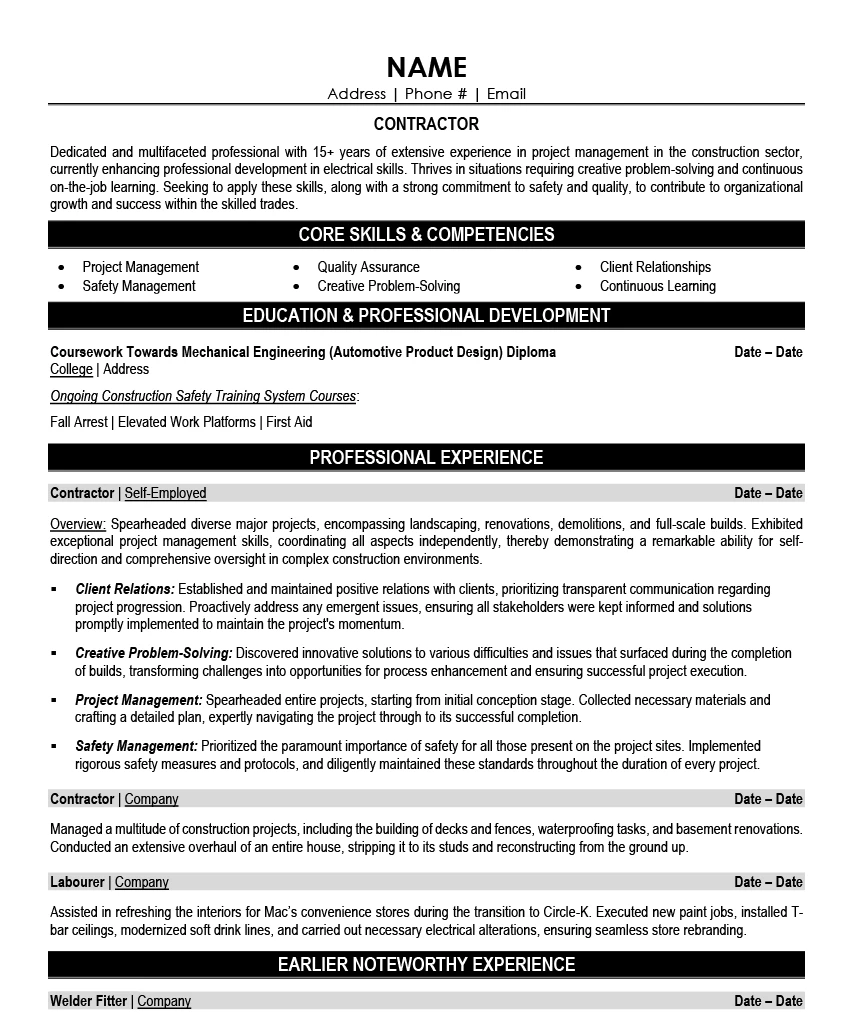

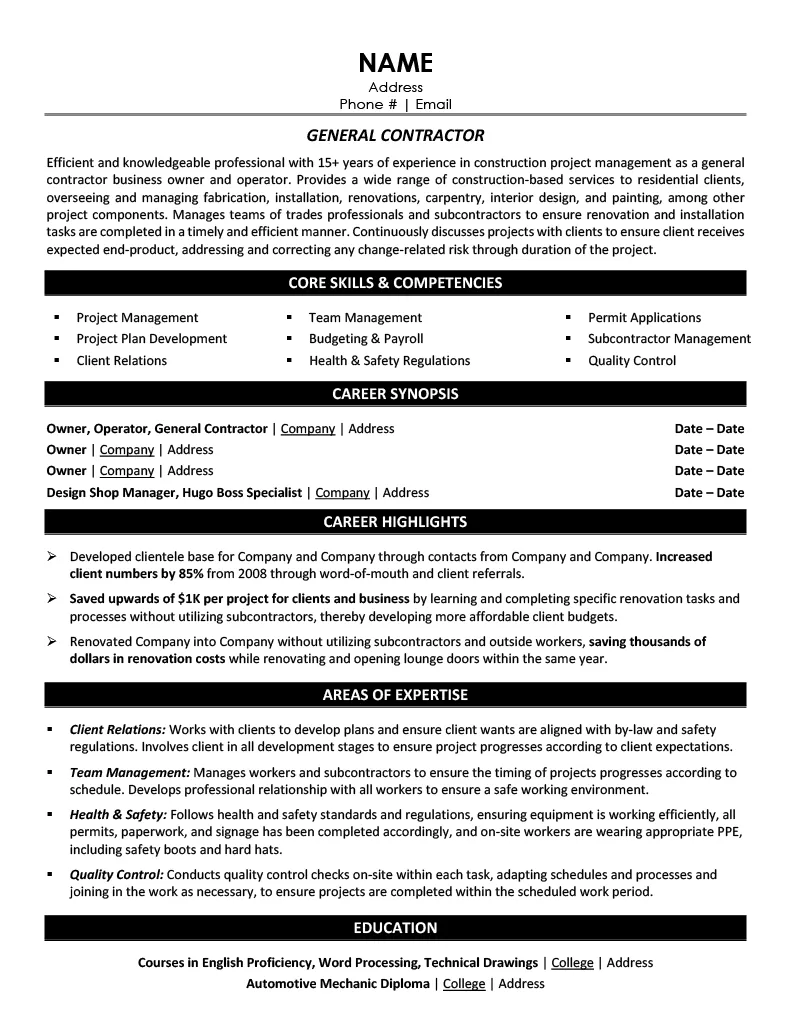
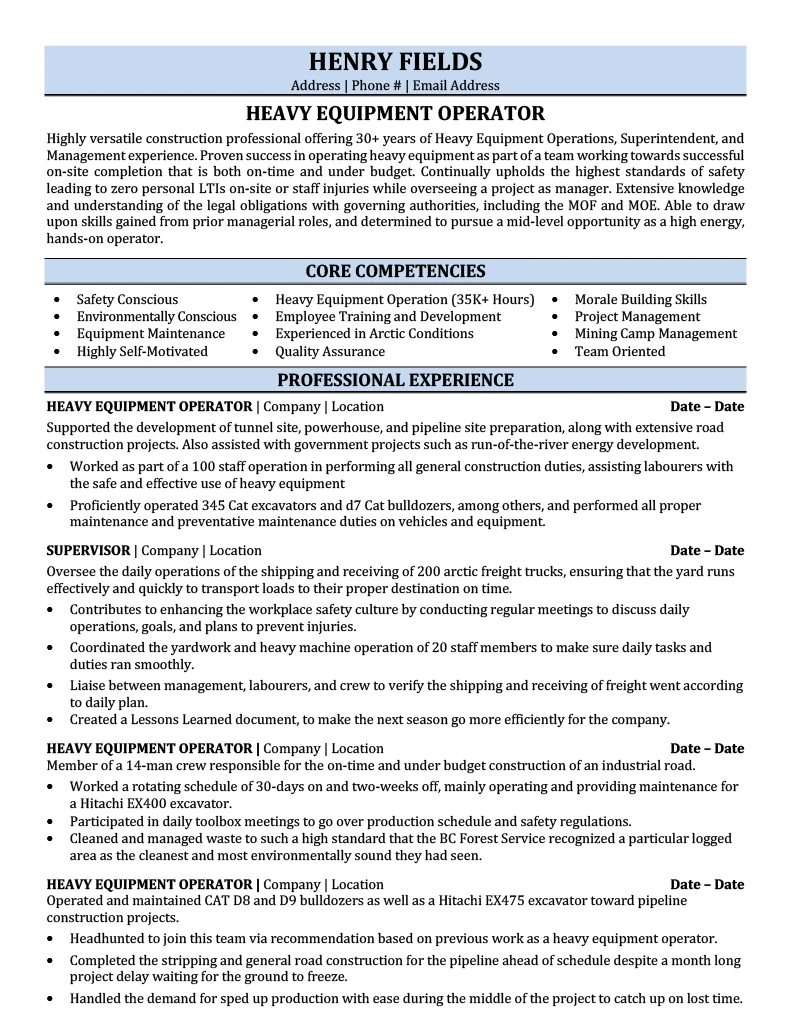
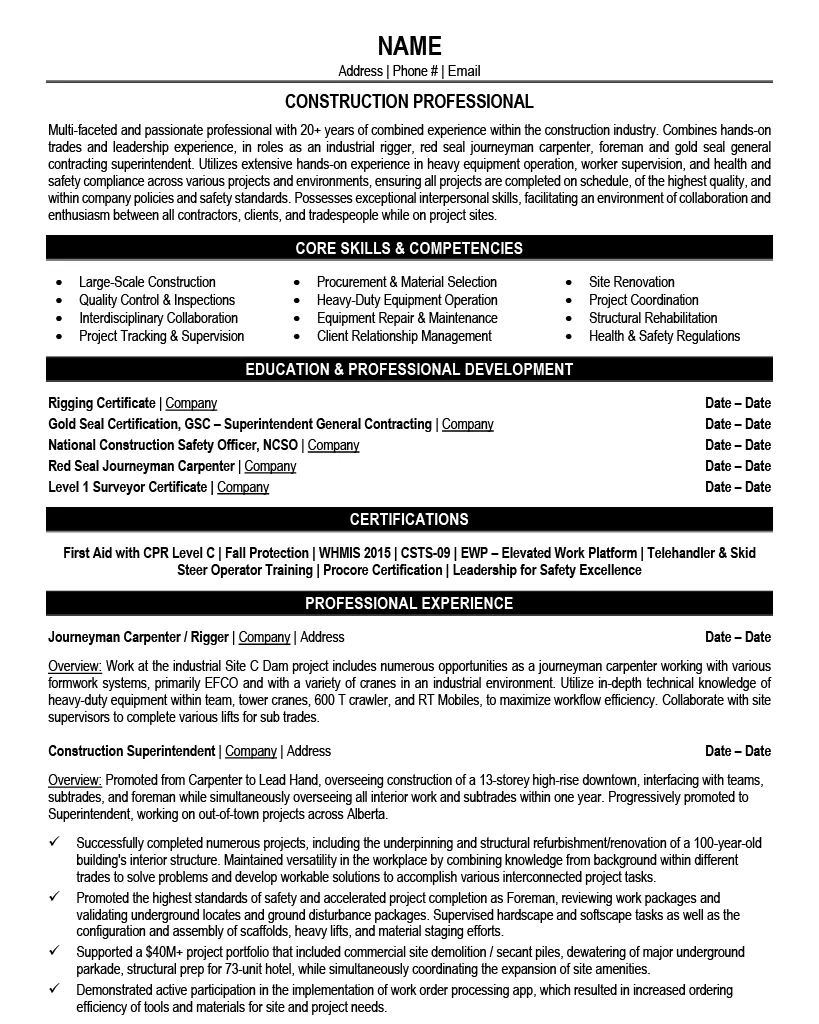
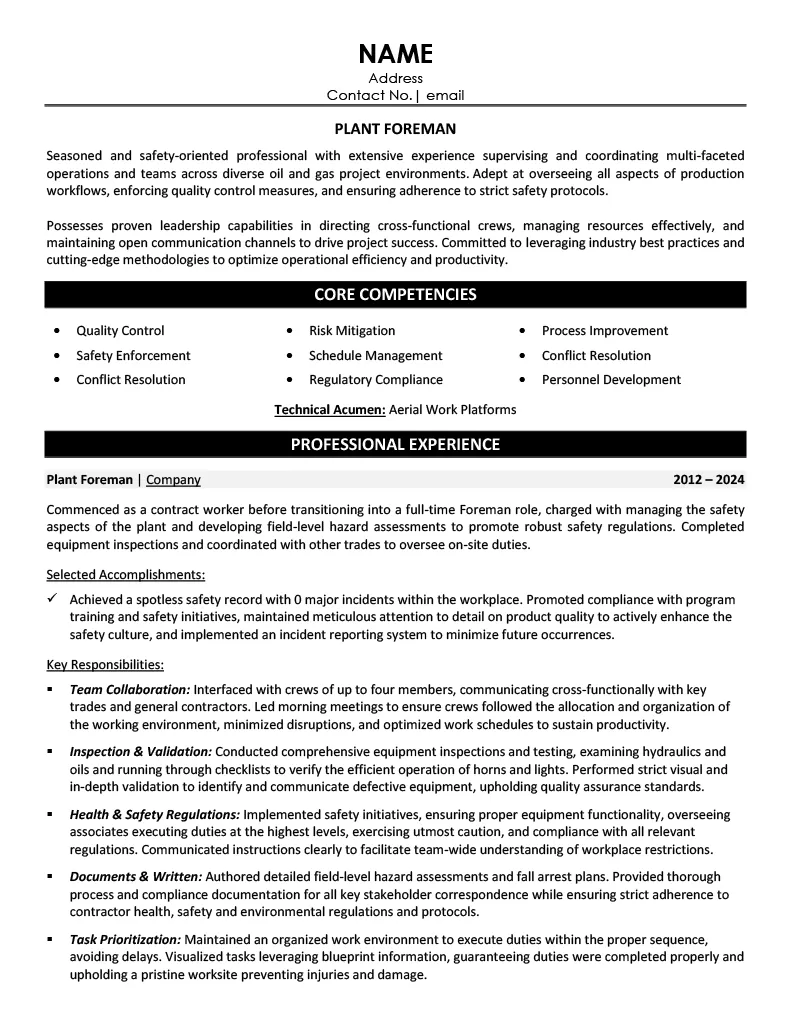
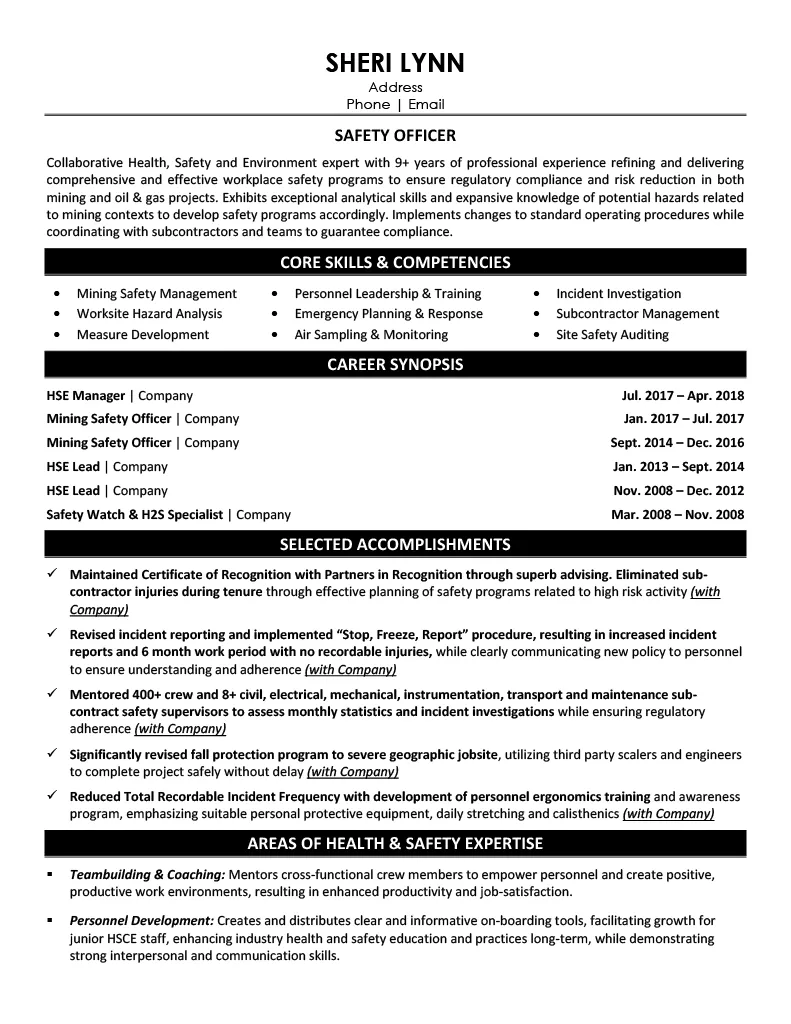

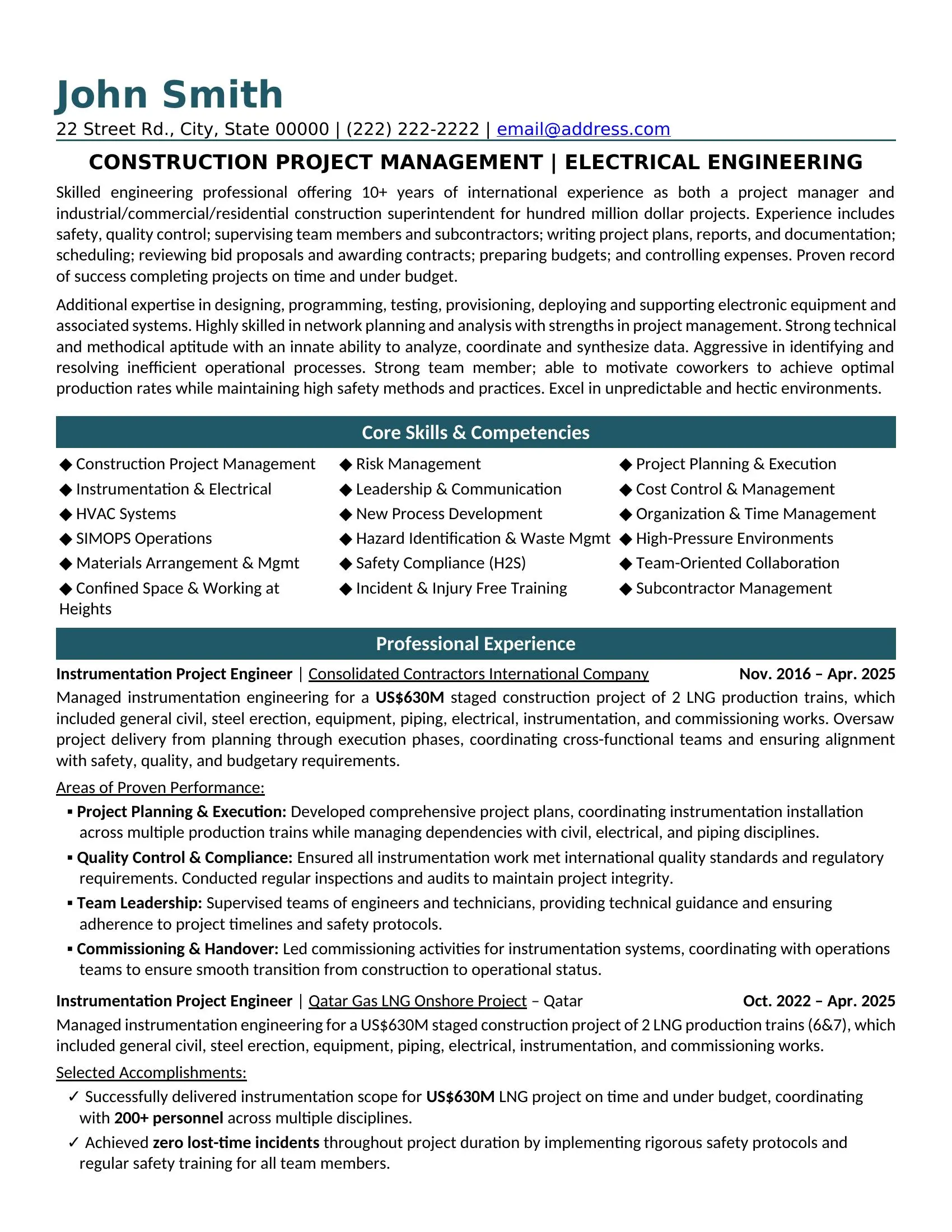
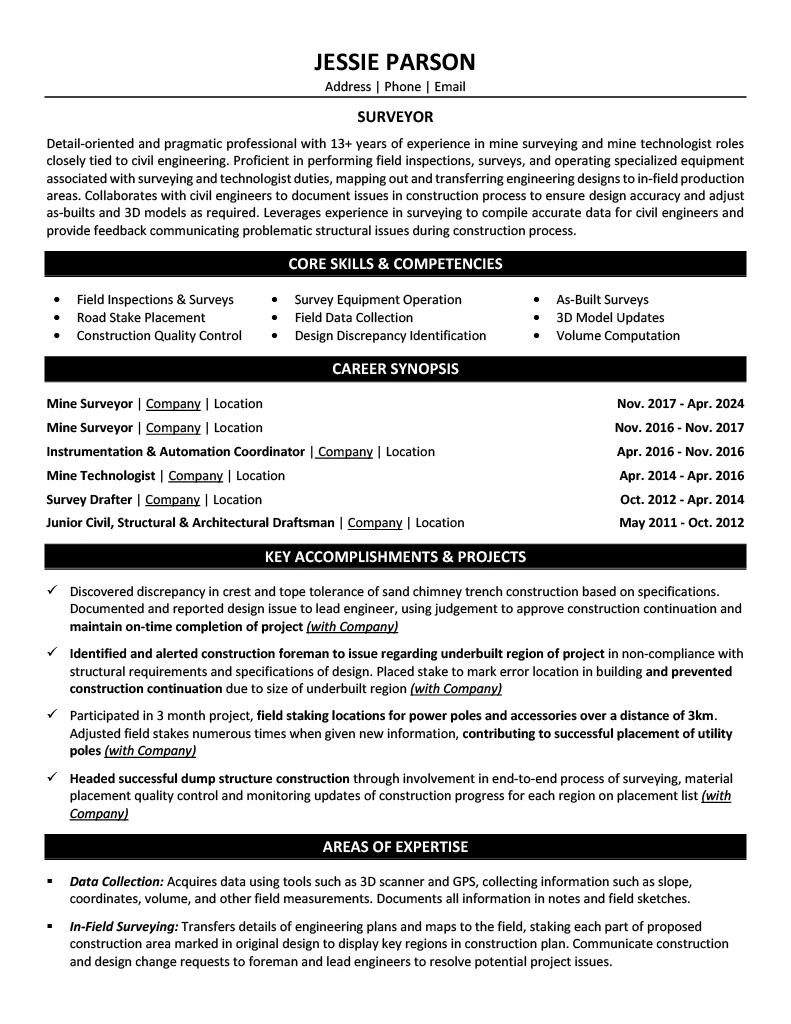
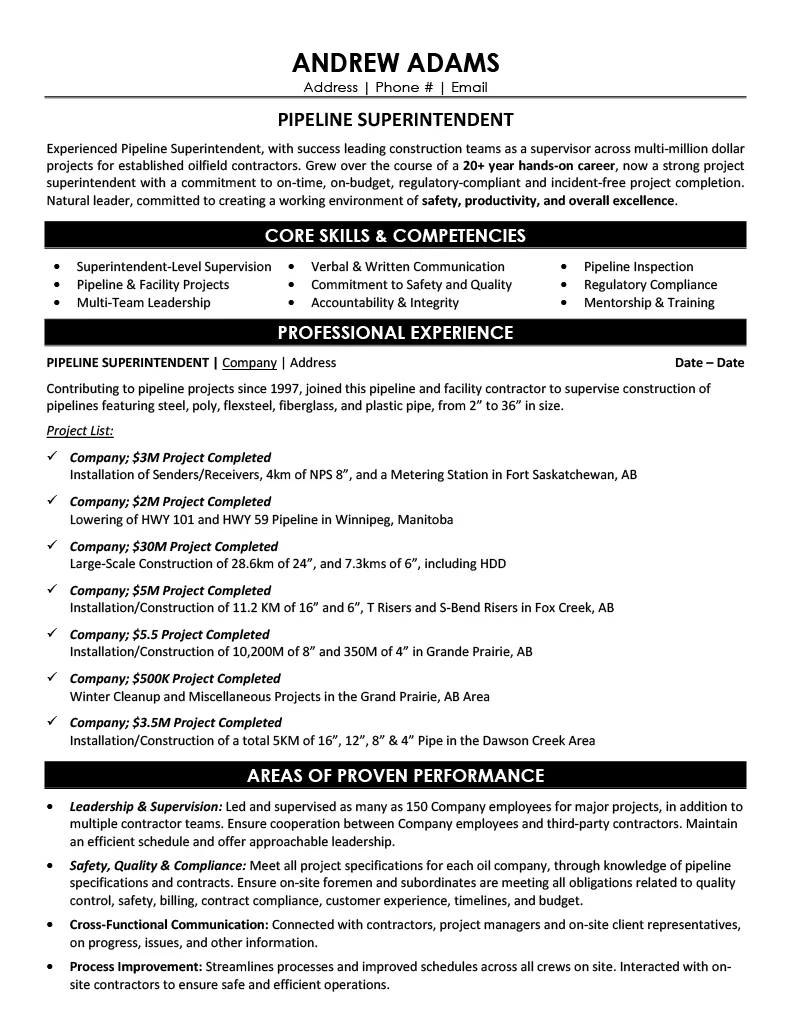
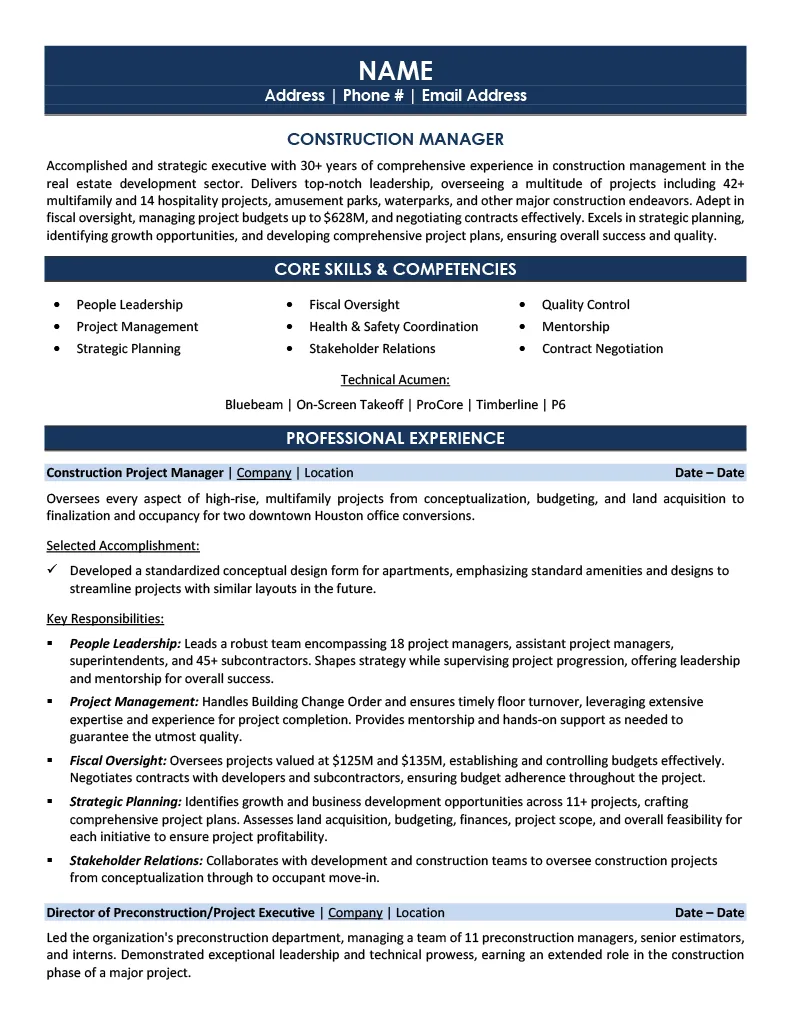
When a hiring manager reads your construction resume, they should think:
"This person has solved the exact problems we're facing."
What projects have you delivered? We probe the budget, timeline, and scope of work.
"Tell me about the largest project you managed..."What was the project value? The crew size? We connect your work to business outcomes.
"What was the total budget and how did you deliver against it?"What construction methods, tools, and certifications? This is where your expertise becomes visible.
"Walk me through how you actually coordinated the subs..."What safety improvements? What schedule recoveries? What cost savings?
"How did you bring a delayed project back on schedule?"See how our interview process uncovered achievements and turned them into interview-winning proof.
Get Your Construction Resume Written
Construction jobs average 41 applicants per position. You're competing against 820 candidates. Our construction resume examples show how to stand out.
Data based on LinkedIn job postings. Updated Dec 2, 2025.
Here's the math most job seekers don't do:
Your construction resume must stand out against 820 professionals.
What makes you different is the story behind the projects.
Get Your Construction Resume WrittenConstruction Professionals Using Our Resume Templates Work At
Every construction resume example on this page was written through our 1-on-1 interview process. We extract achievements you'd never think to include.
We identify keywords and achievements that get construction resumes noticed.
Targeted questions about your construction projects and results.
Transform responsibilities into quantified achievements.
ATS-optimized resume in 3 business days + 14-day revisions.
80% of construction positions are never advertised. Get your resume directly into the hands of recruiters filling confidential searches.
When you purchase our Resume Distribution service, your resume goes to 450+ recruiters specializing in construction — included in Advanced & Ultimate packages.
| Agency | Location |
|---|---|
|
HA
Hays Specialist Recruitment
|
Nationwide |
|
RA
Randstad Staffing Agency
|
Nationwide |
|
KE
Kelly Services Workforce Solutions
|
Nationwide |
|
MA
ManpowerGroup Talent Solutions
|
Nationwide |
|
AD
Adecco HR Services
|
Nationwide |
A strong construction resume should include quantified achievements with specific metrics, relevant technical skills matched to job requirements, industry certifications, and clear evidence of results delivered. Our construction resume samples show exactly how to format and present these elements for maximum impact.
Entry-level construction resumes should focus on transferable skills, relevant coursework, internships, and projects. Highlight any construction exposure through volunteer work, academic projects, or certifications. Browse our entry-level construction resume examples to see effective formats for new professionals.
Most construction resumes should be 1-2 pages. Entry-level positions typically need 1 page. Senior construction roles with 10+ years of experience often warrant 2 pages.
Construction roles average 41 applicants per job. With most job seekers applying to 20+ positions, you're competing against approximately 820 candidates. This is why professional construction resume writing that differentiates you is crucial.
Yes! All 26+ construction resume samples on this page are free to view. Each resume example was written through our 1-on-1 interview process with real construction professionals.
Templates give you a blank format. We give you the content. Our 1-on-1 interview process extracts achievements you'd never think to include, quantifies your construction impact, and positions you against specific job requirements. That's why 98% of our clients land interviews within 90 days.
Our construction resume writing services start at $199 for entry-level and go up to $749 for executive-level packages. Each package includes a 1-on-1 interview, ATS-optimized resume, cover letter, and 14 days of unlimited revisions. View our packages for complete details.